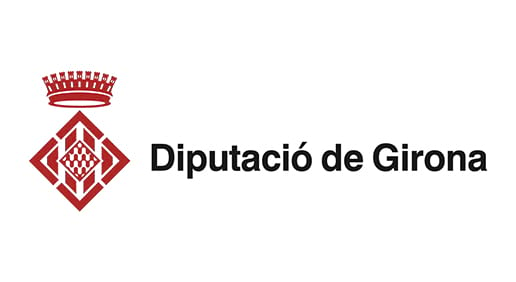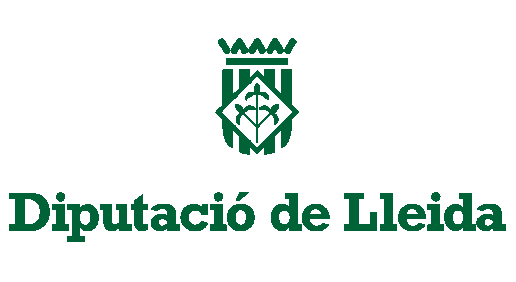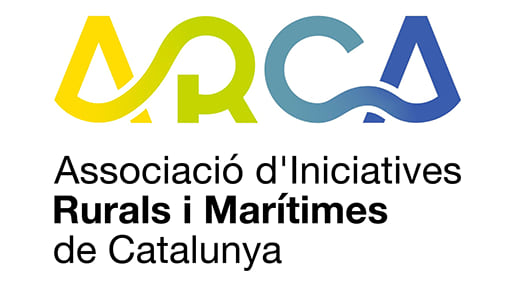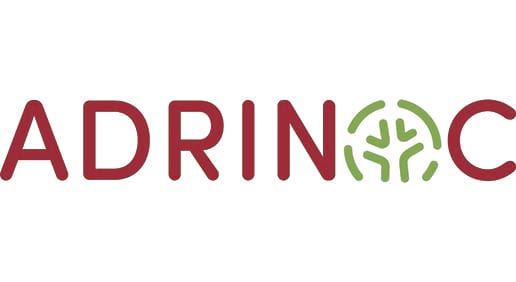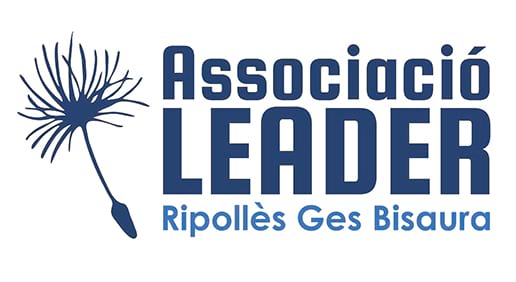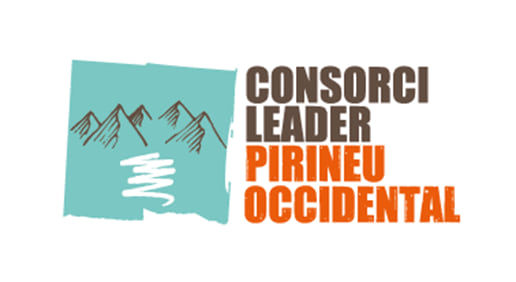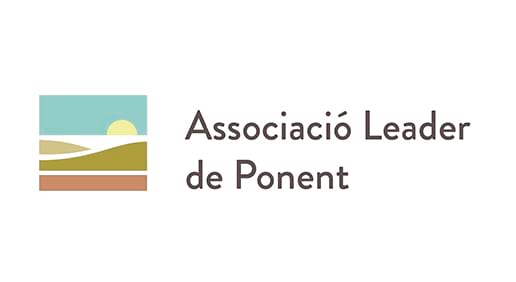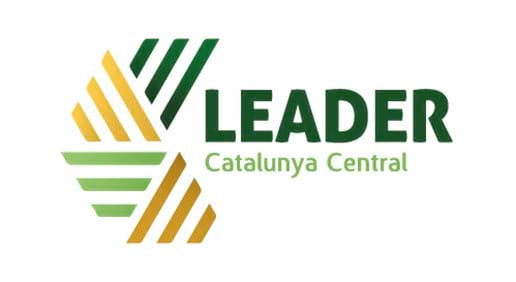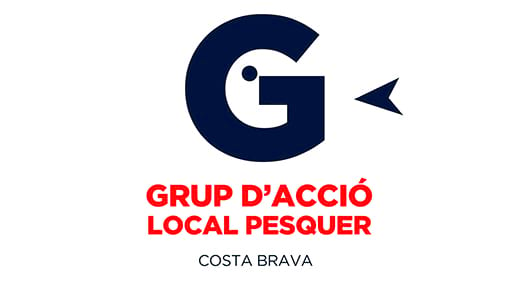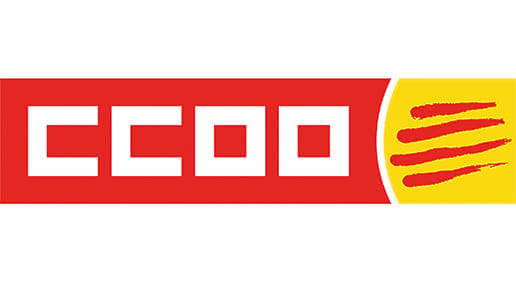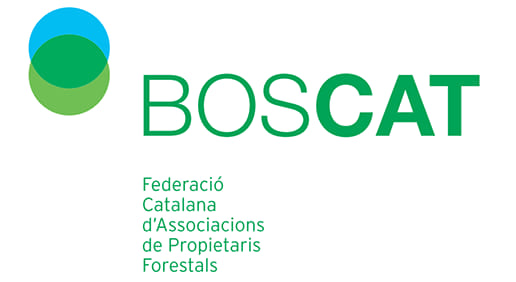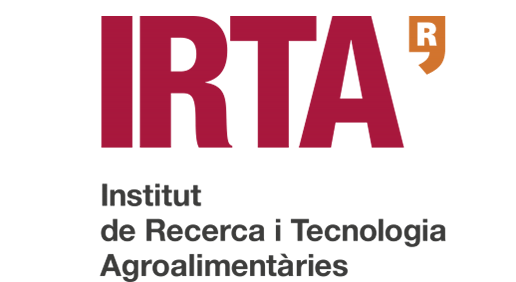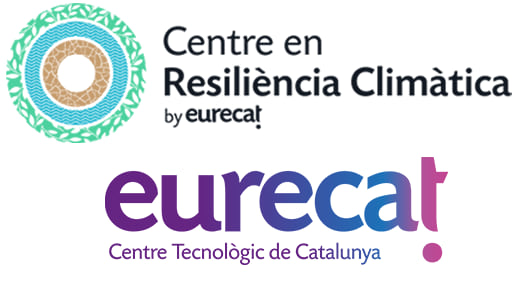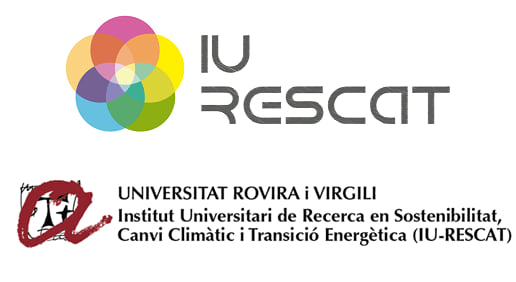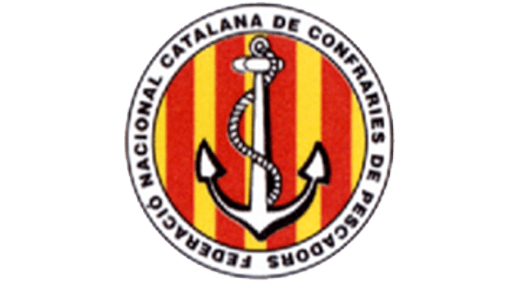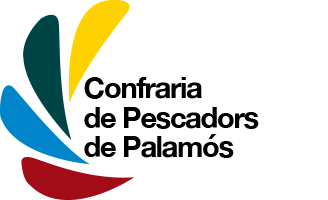About us - Life eCOadapt50

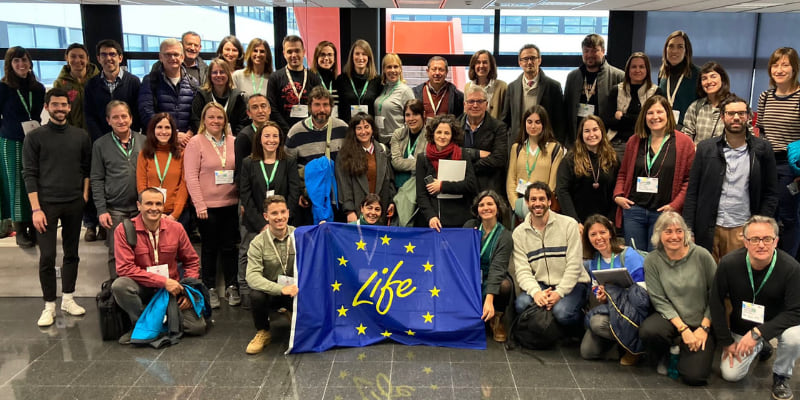
Local governments that have the responsibility of promoting actions to adapt to climate change in the municipalities and of mobilizing technical and economic resources for the development of the project.
Local government body that encompasses 311 municipalities in the province of Barcelona. In addition to coordinating the project from the Àrea d'Acció Climàtica i Transició Energètica (Climate Action and Energy Transition Area), it also manages the territory of the Xarxa de Parcs Naturals (Natural Parks Network).
Territorial agents that promote and implement the project's climate change adaptation actions.
The Associació per al Desenvolupament Rural Integral de la Zona Nord-Oriental de Catalunya (Association for the Integral Rural Development of North-Eastern Catalonia) is active in the regions of Garrotxa (the whole region), Alt Empordà (44 municipalities), Osona (six municipalities), Pla de l'Estany (two municipalities), Selva (six municipalities) and Gironès (four municipalities).
General socioeconomic actors that promote and support the project's actions with regard to the territory's economic and productive system.
Barcelona Chamber of Commerce plays an active role in advocating for the general interests of the entire production sector to contribute towards the development of the economy. Specifically, the body promotes competitiveness and helps companies and self-employed people accelerate the growth of their businesses to face new future challenges.
Socioeconomic actors at sectoral level responsible for promoting actions in their fields of action.
Knowledge and research agents who guarantee technical and scientific quality and ensure the territorial and sectoral coherence of the actions carried out within the framework of the project.
Research institute founded in 1904 by the Jesuit Order to study Sun-Earth relations. It is currently a public foundation whose research is structured in two lines: the older one, i.e. geomagnetism and aeronomy, and the more recent one, i.e. hydrology and climate change. The second line mainly studies the impacts of climate change on the continental hydrological cycle.
The Centre de Ciència i Tecnologia Forestal de Catalunya (Forest Sciences and Technology Centre of Catalonia) is a centre for research, training and transfer of technology and knowledge. It aims to contribute to the modernisation and competitiveness of the forestry sector and to rural development and sustainable management of the natural environment through research, training, dissemination and cooperation.
Led by Eurecat Technology Centre, together with Amposta Town Council and the University of Rovira i Virgili, it sets the standard for promoting research and innovation to adapt to the climate emergency and for seeking transformative solutions to move towards sustainable development and digitalisation.


